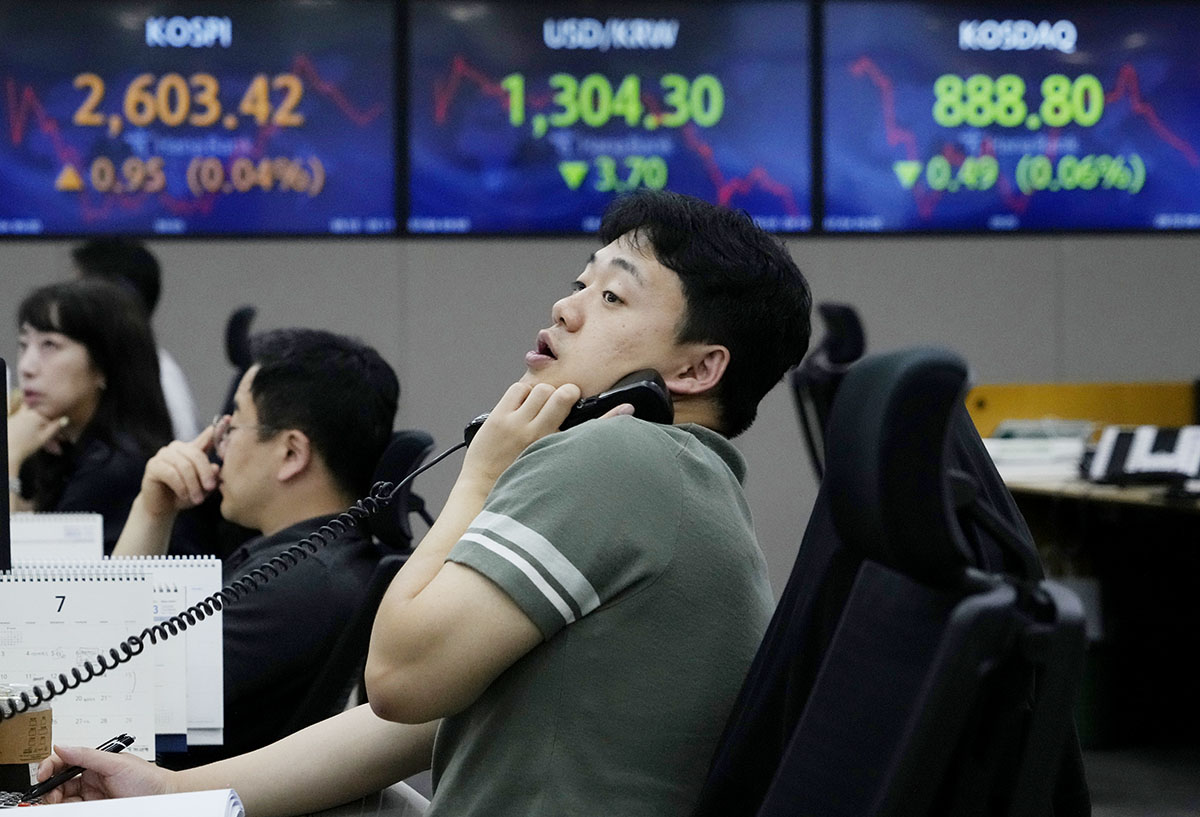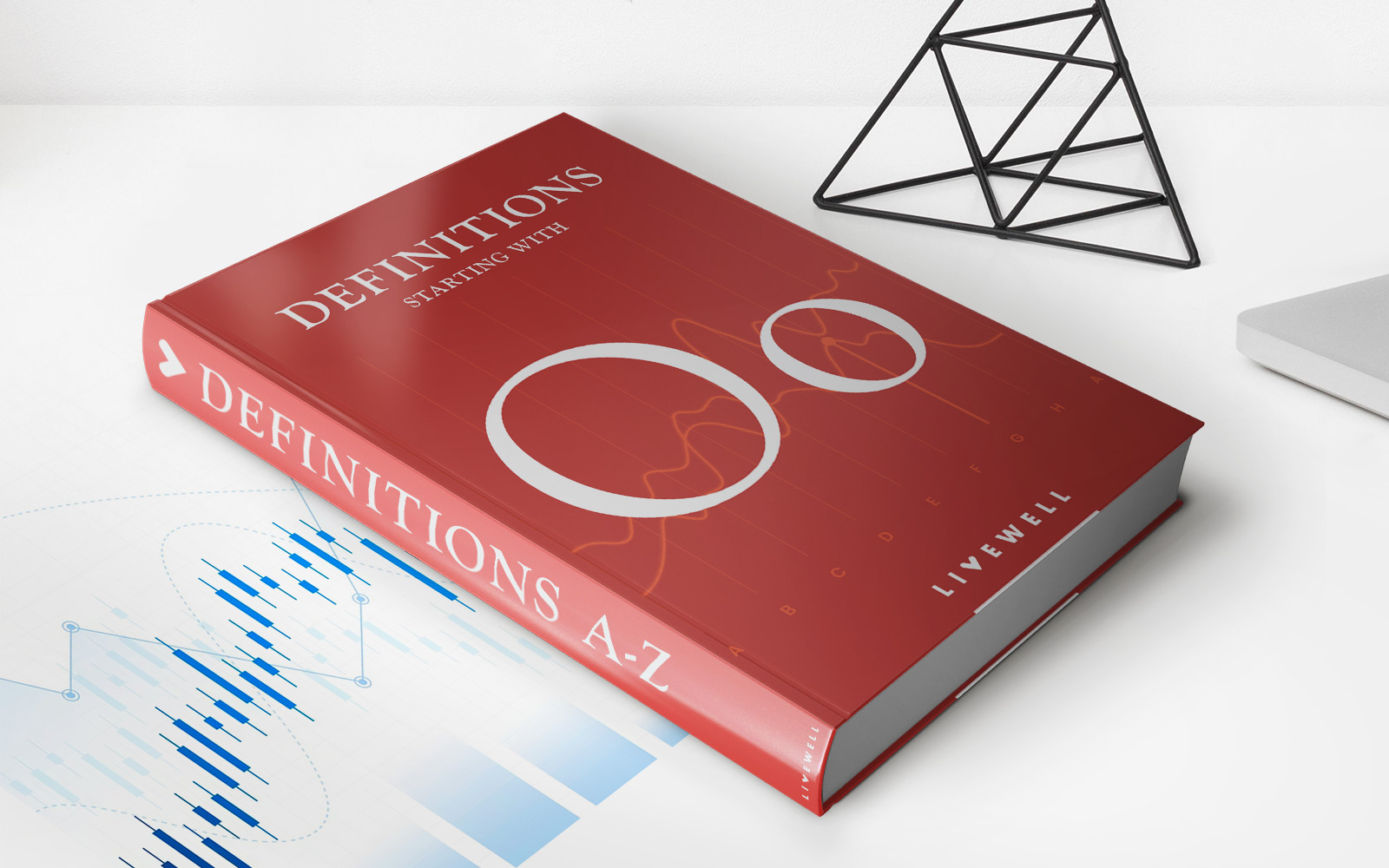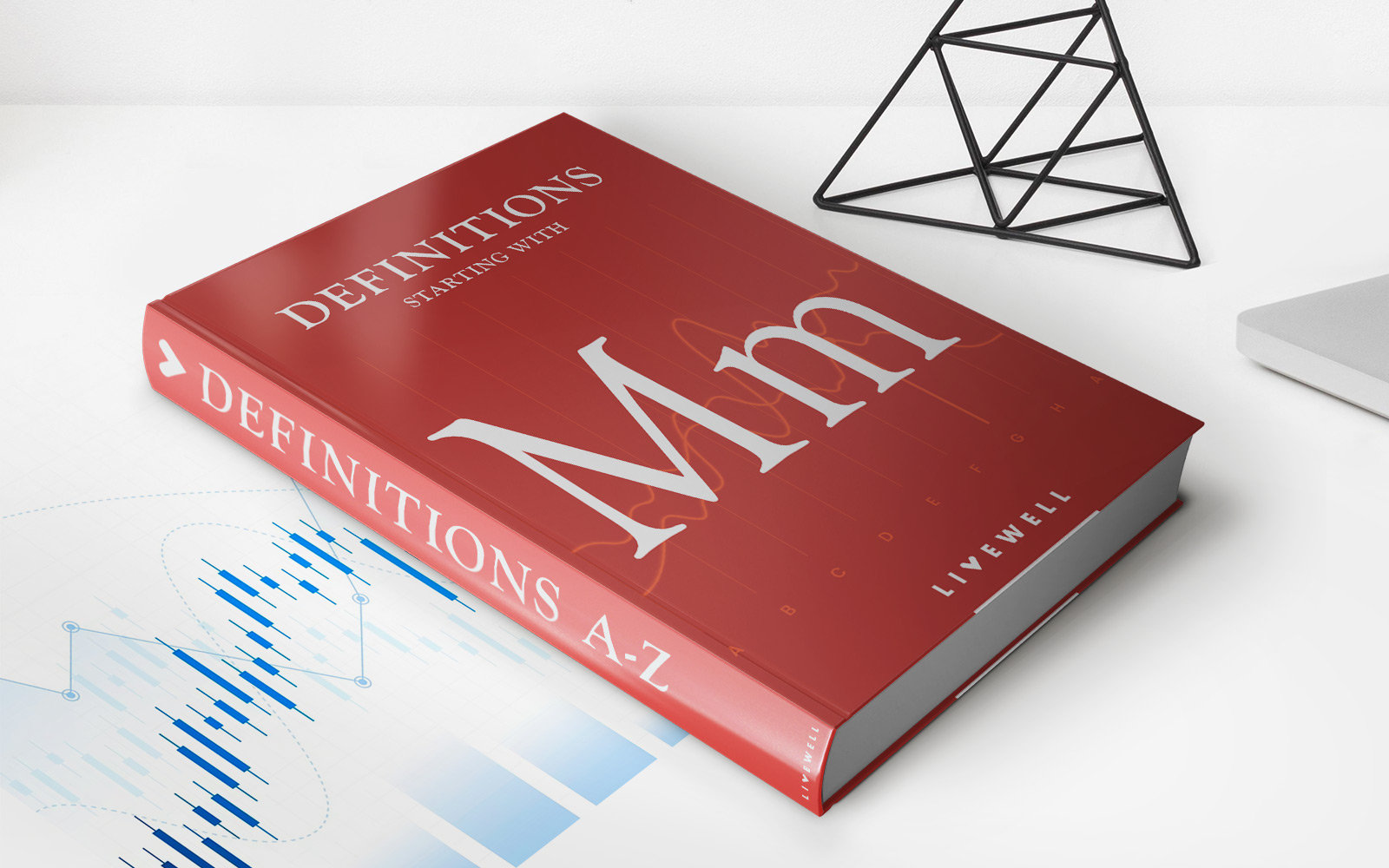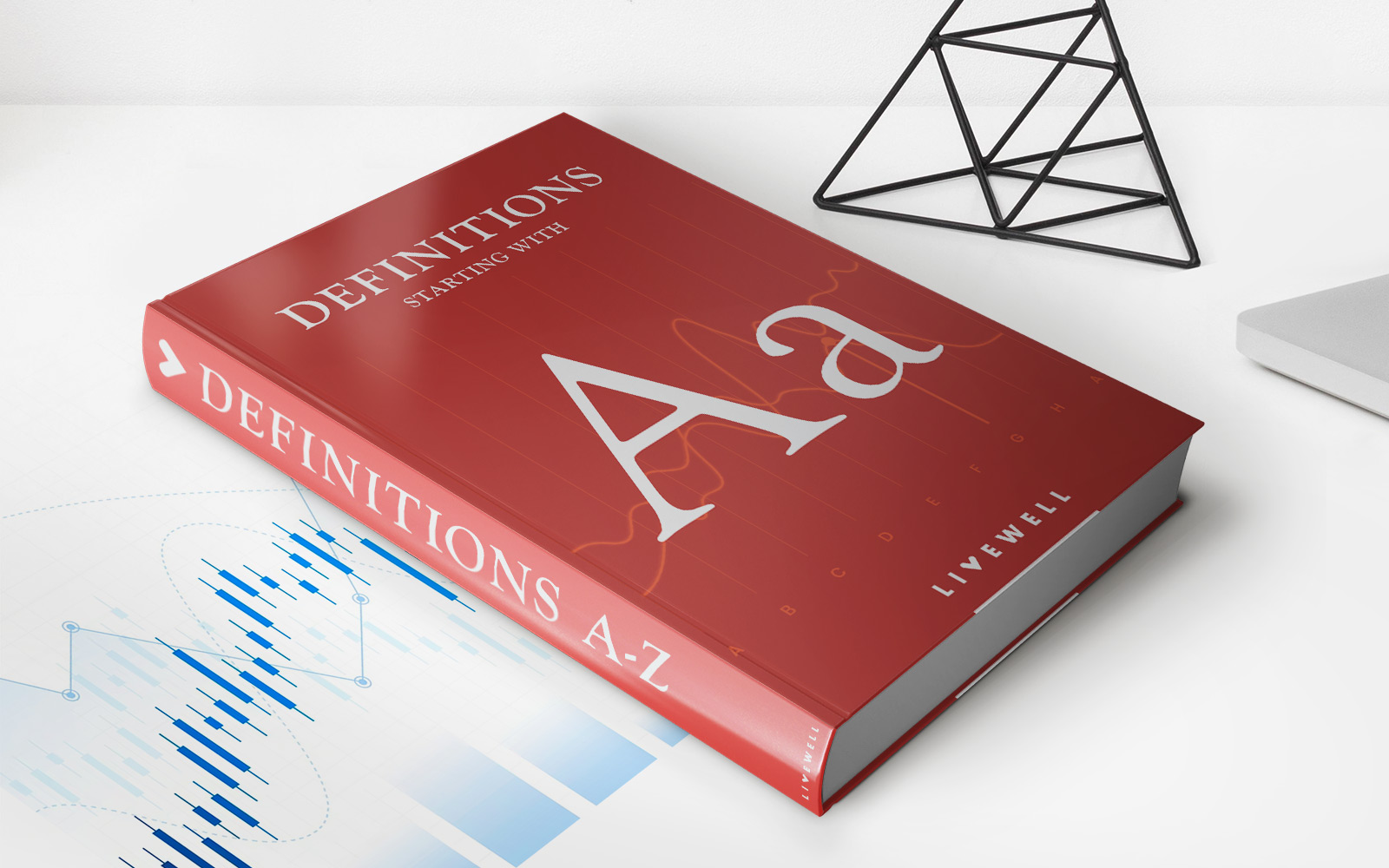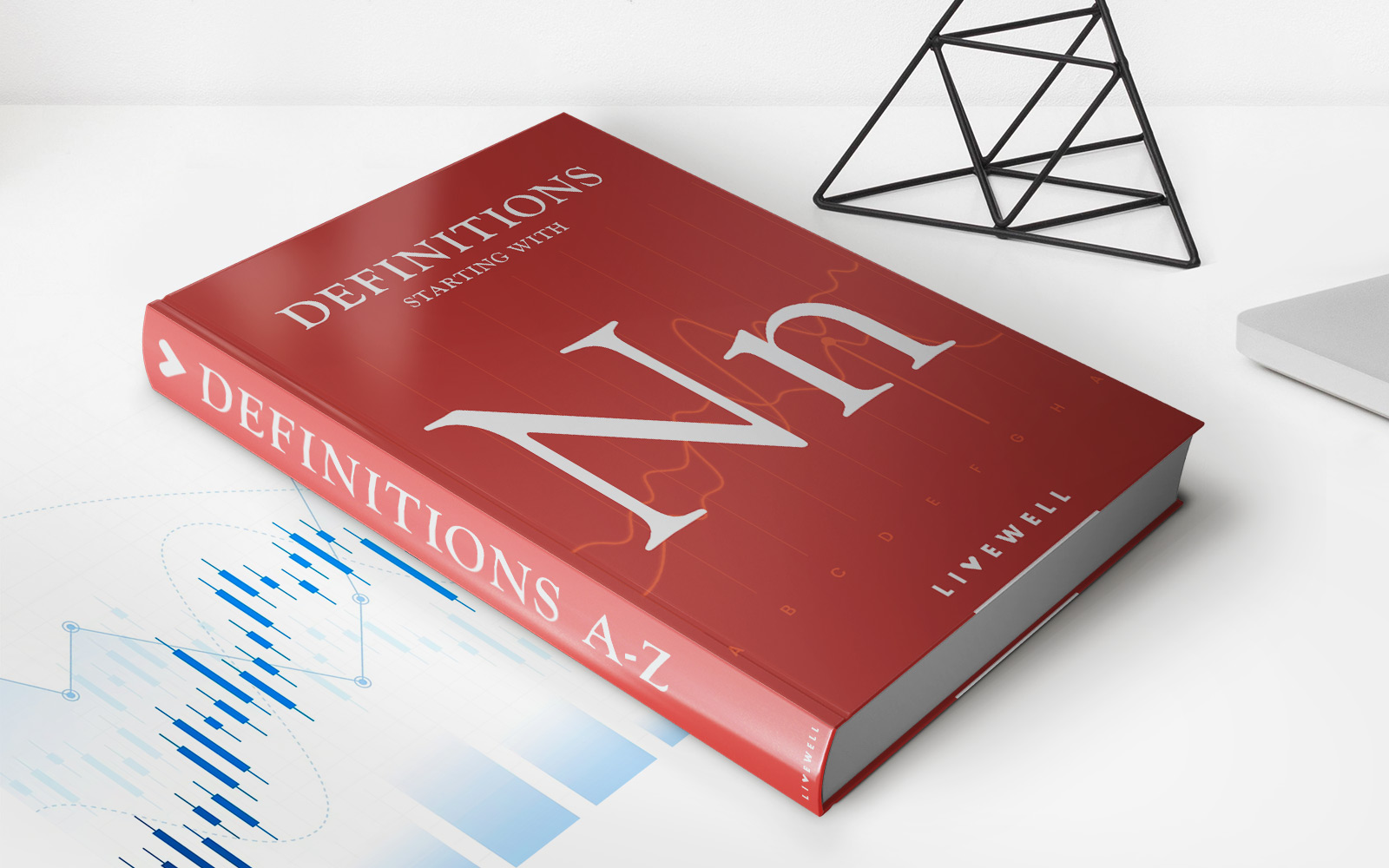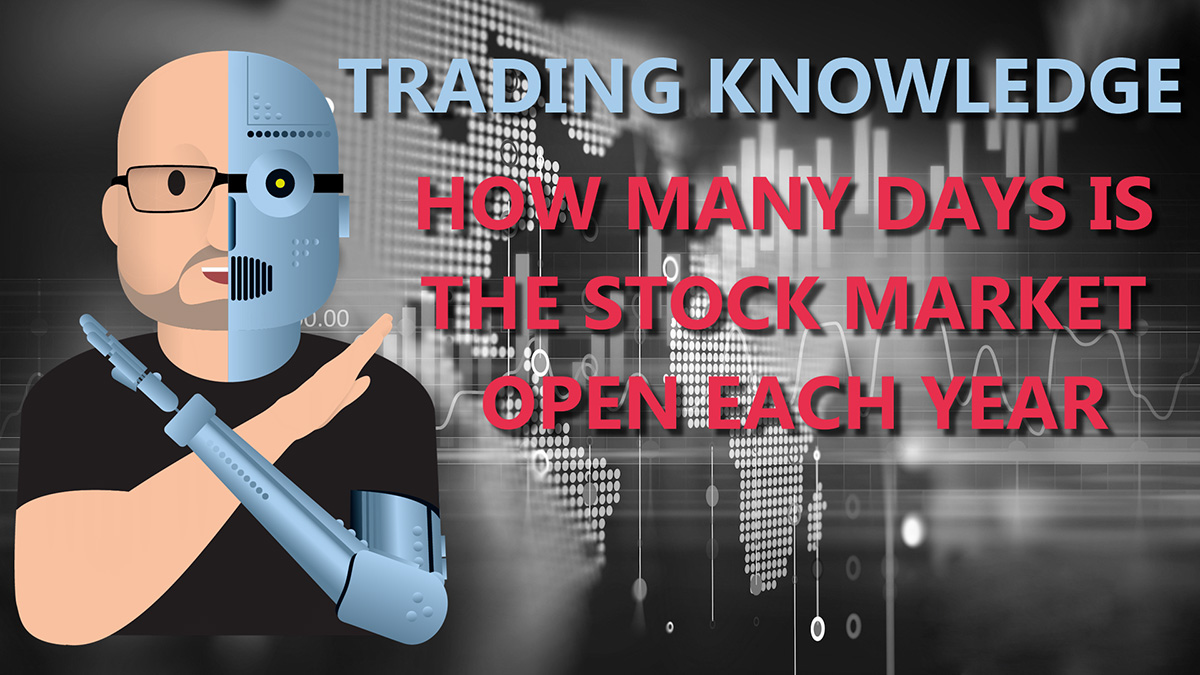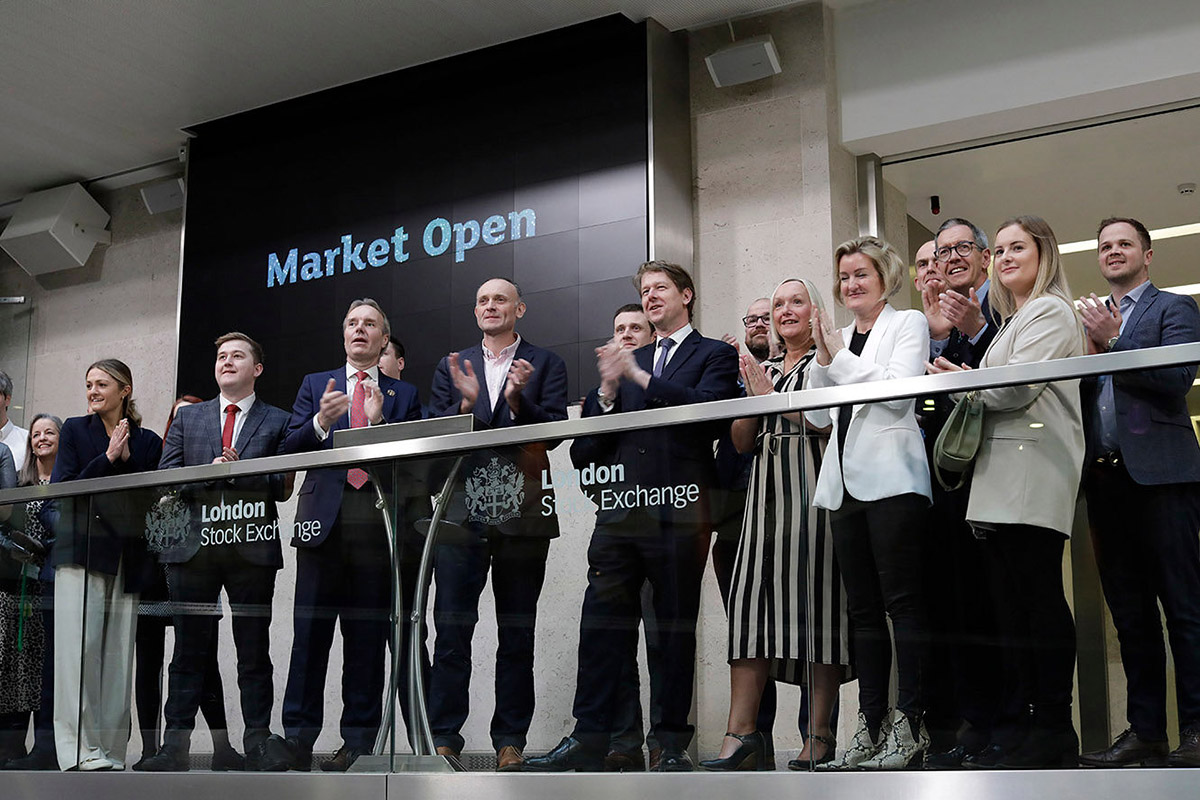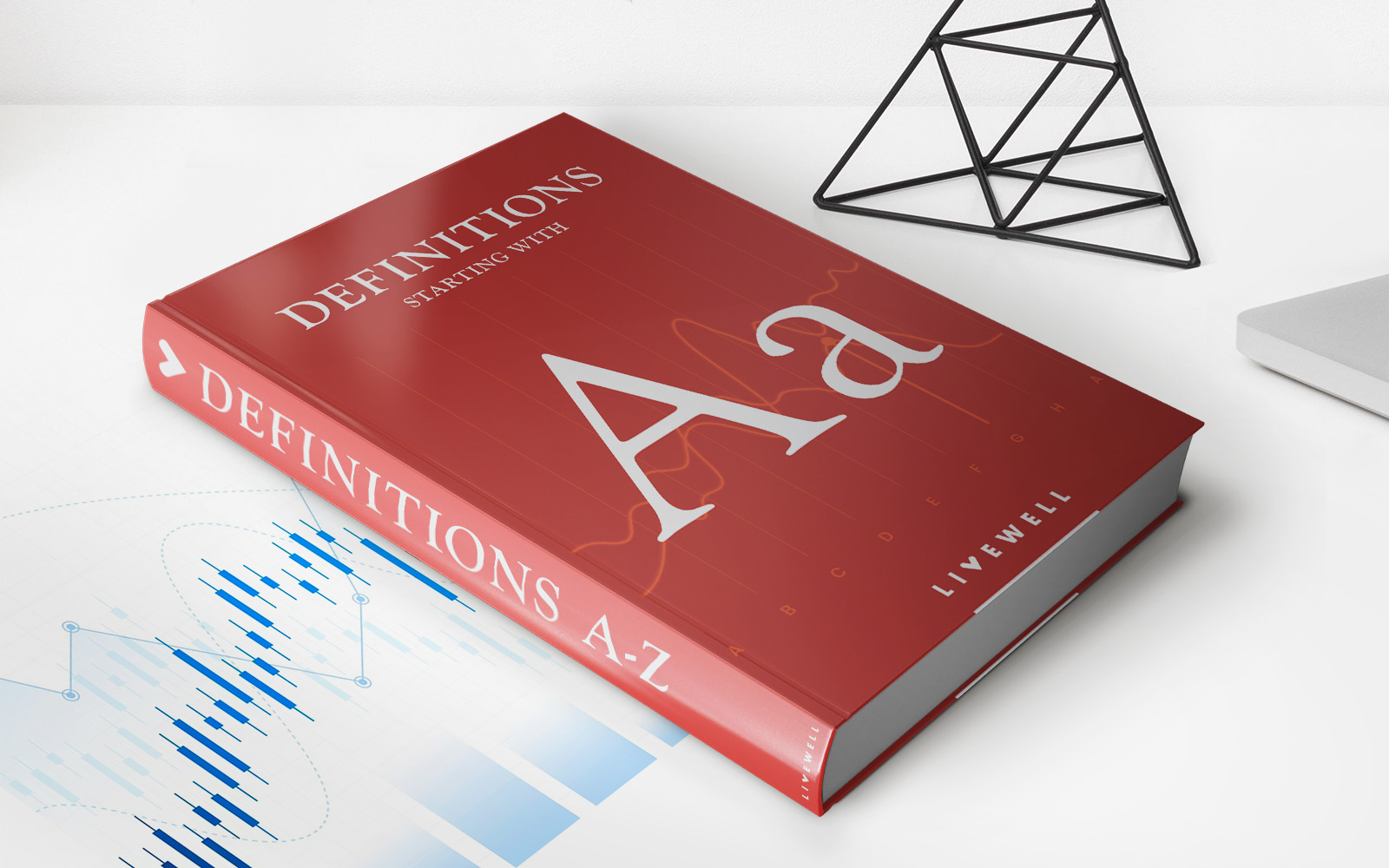Home>Finance>Permanent Open Market Operations (POMO) Definition
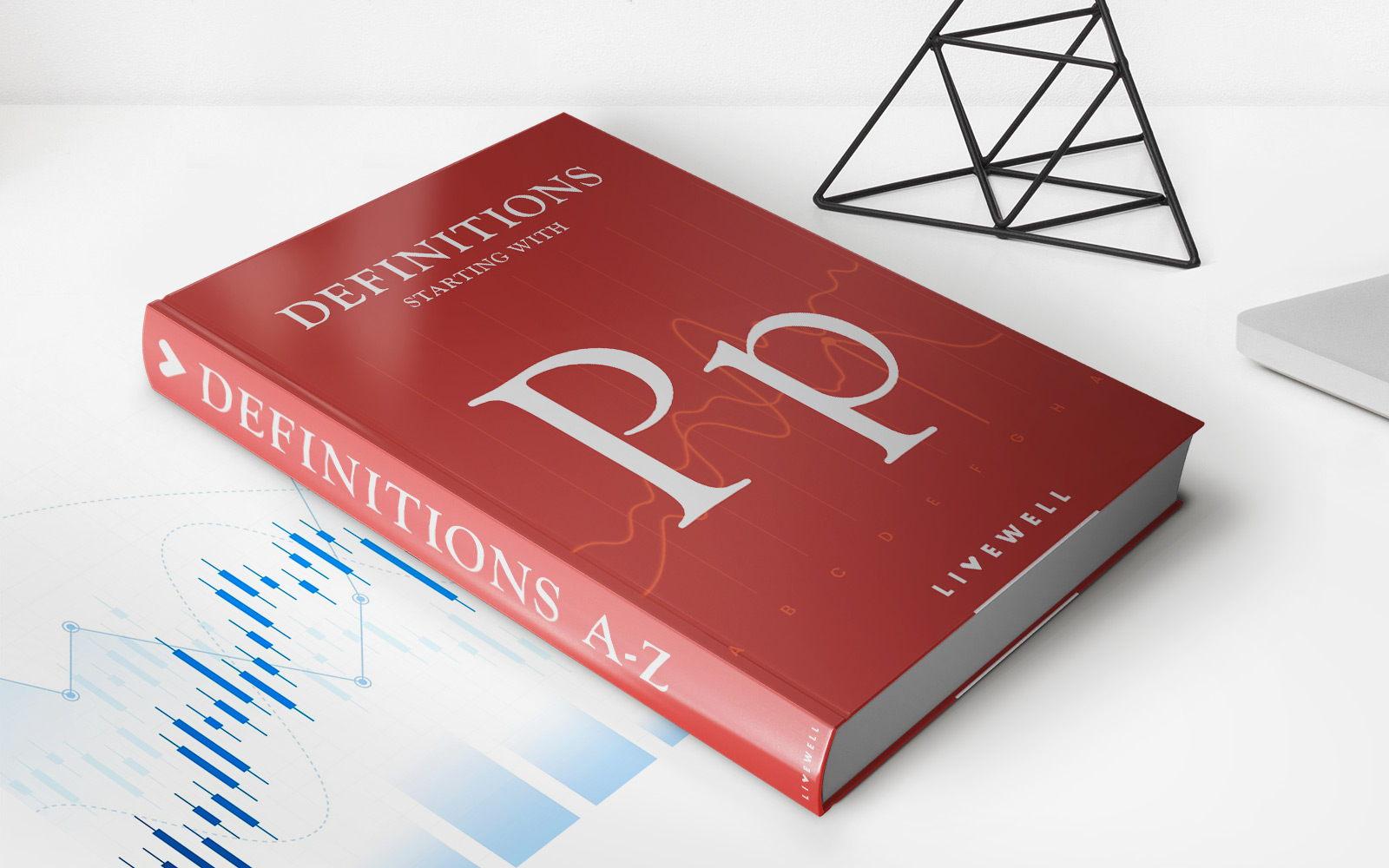

Finance
Permanent Open Market Operations (POMO) Definition
Published: January 7, 2024
Learn about Permanent Open Market Operations (POMO) in finance, including its definition and importance in monetary policy.
(Many of the links in this article redirect to a specific reviewed product. Your purchase of these products through affiliate links helps to generate commission for LiveWell, at no extra cost. Learn more)
Permanent Open Market Operations (POMO) Definition: Everything You Need to Know
Welcome to our Finance category blog post where we aim to provide you with insightful information on various financial topics. In this post, we will demystify the concept of Permanent Open Market Operations (POMO) and explore its significance in the realm of finance.
Key Takeaways:
- POMO refers to the purchasing and selling of long-term government securities by central banks, such as the Federal Reserve in the United States.
- These operations are designed to influence the money supply, interest rates, and overall economic conditions.
Now, let’s delve deeper into the world of Permanent Open Market Operations:
What is POMO?
POMO, short for Permanent Open Market Operations, is a monetary policy tool used by central banks to regulate the money supply and influence the level of interest rates. Specifically, it involves the purchase and sale of long-term government securities.
But what exactly does this mean? Let’s break it down:
- Purchase: Central banks have the authority to buy government securities, typically Treasury bonds or notes, in the open market.
- Sale: Conversely, central banks can also sell these long-term securities to market participants.
By engaging in POMO, central banks effectively inject or withdraw liquidity from the financial system. These operations directly impact the amount of money available in circulation, influencing interest rates, and stimulating or curbing economic activity. In essence, POMO is a powerful tool for central banks to implement their monetary policies.
Understanding POMO’s Significance
POMO plays a crucial role in managing the economy. Here’s why it matters:
- Money Supply Control: Central banks can increase or decrease the money supply by adjusting their POMO activities. Purchases inject money into the system, while sales withdraw it.
- Interest Rate Manipulation: POMO can influence the level of interest rates by altering the demand and supply dynamics of government securities. Buying drives prices up, reducing yields and interest rates, while selling has the opposite effect.
- Economic Stimulation or Restraint: By using POMO to manage the money supply and interest rates, central banks can stimulate economic growth during periods of recession or restrain it during times of inflation.
These factors demonstrate the critical role POMO plays in the broader financial landscape. It is an essential tool used by central banks in their efforts to stabilize and guide the economy.
In Conclusion
Permanent Open Market Operations (POMO) is a fundamental component of monetary policy utilized by central banks worldwide. It involves the buying and selling of long-term government securities to influence the money supply, interest rates, and the overall state of the economy. By implementing POMO, central banks can mitigate economic fluctuations and guide financial markets in the desired direction.
We hope this article has shed light on the significance of POMO and its role in the realm of finance. Stay tuned to our Finance category for more valuable insights into the world of money and investments!
